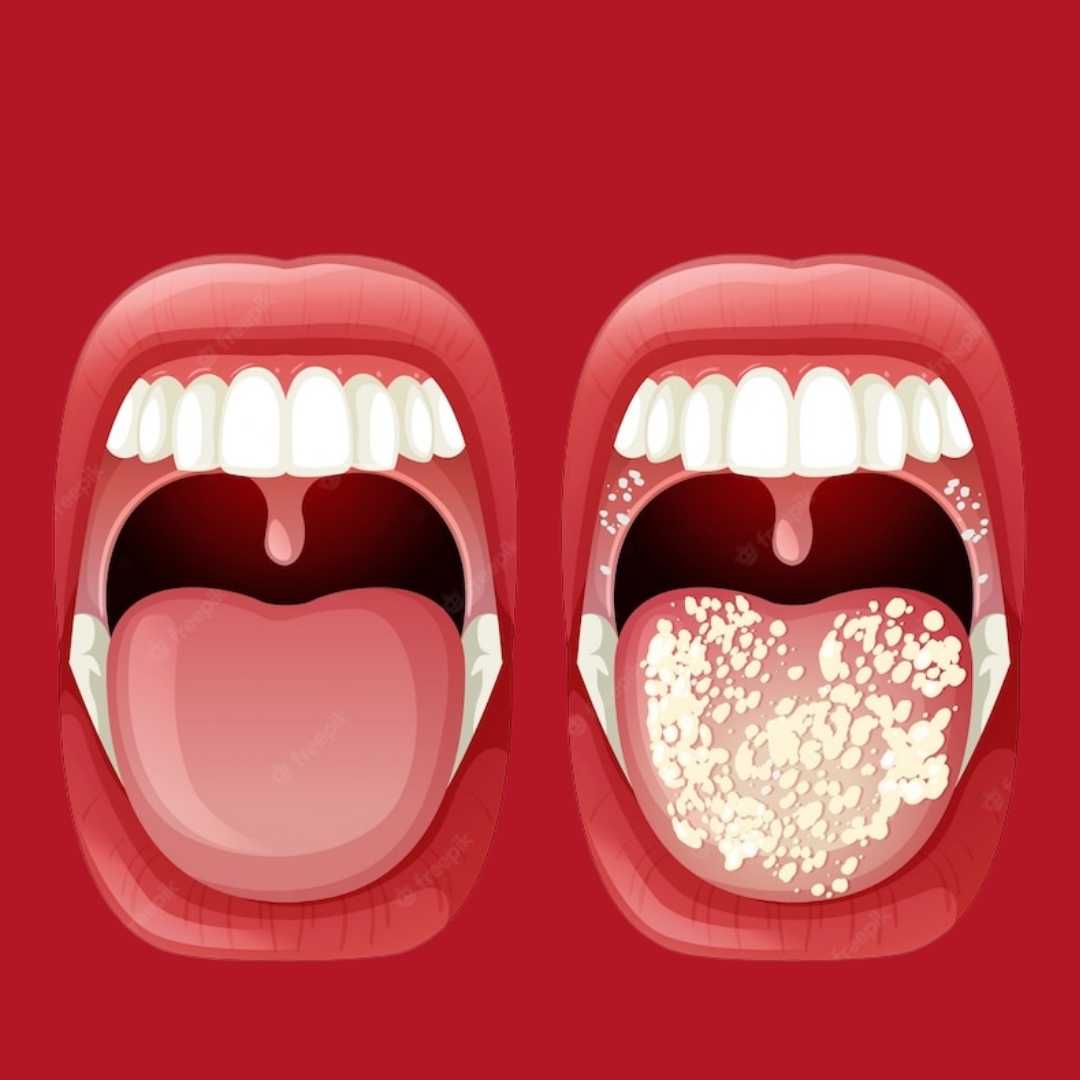Fungi and mouth sores are common issues that can affect anyone. At times, these conditions can cause significant discomfort. This article aims to provide insights into fungi and mouth sores, along with ways to manage and prevent these problems.
Fungus (Thrush) in the Mouth:
Fungus, commonly known as thrush, is an infection caused by a specific type of fungus called Candida. This condition may occur when the immune system is weakened or when there are changes in the balance of bacteria in the mouth. Symptoms of mouth thrush include white patches on the tongue, inner cheeks, or throat.
What are Mouth Sores:
Mouth sores, sometimes referred to as aphthous ulcers, are small sores that can occur in various parts of the mouth, such as inside the cheeks, on the tongue, or in the soft areas of the mouth lining. These sores can be caused by various factors, including stress, weakened immunity, or minor injuries to the mouth.
Prevention and Treatment Methods:
1. Oral Hygiene:
Brush your teeth twice a day and use fluoride mouthwash.
Avoid using a toothbrush or toothpaste that may cause injuries to the mouth.
2. Healthy Diet:
Consume nutritious foods to boost the immune system.
3. Avoid Irritating Foods:
Stay away from spicy foods or harsh spices that may cause mouth sores.
4. Medication Use:
A doctor may prescribe antifungal or mouth sore medications based on the patient's condition.
5. Avoid Tobacco Products:
Tobacco products can compromise the immune system and increase the risk of mouth sores.
6. Consult a Doctor:
If the symptoms of fungus or mouth sores persist or cause significant discomfort, it's essential to see a doctor for further examination and advice.
By following these steps, you can maintain good oral health and reduce the risk of having fungi or mouth sores.
 English
English Kiswahili
Kiswahili